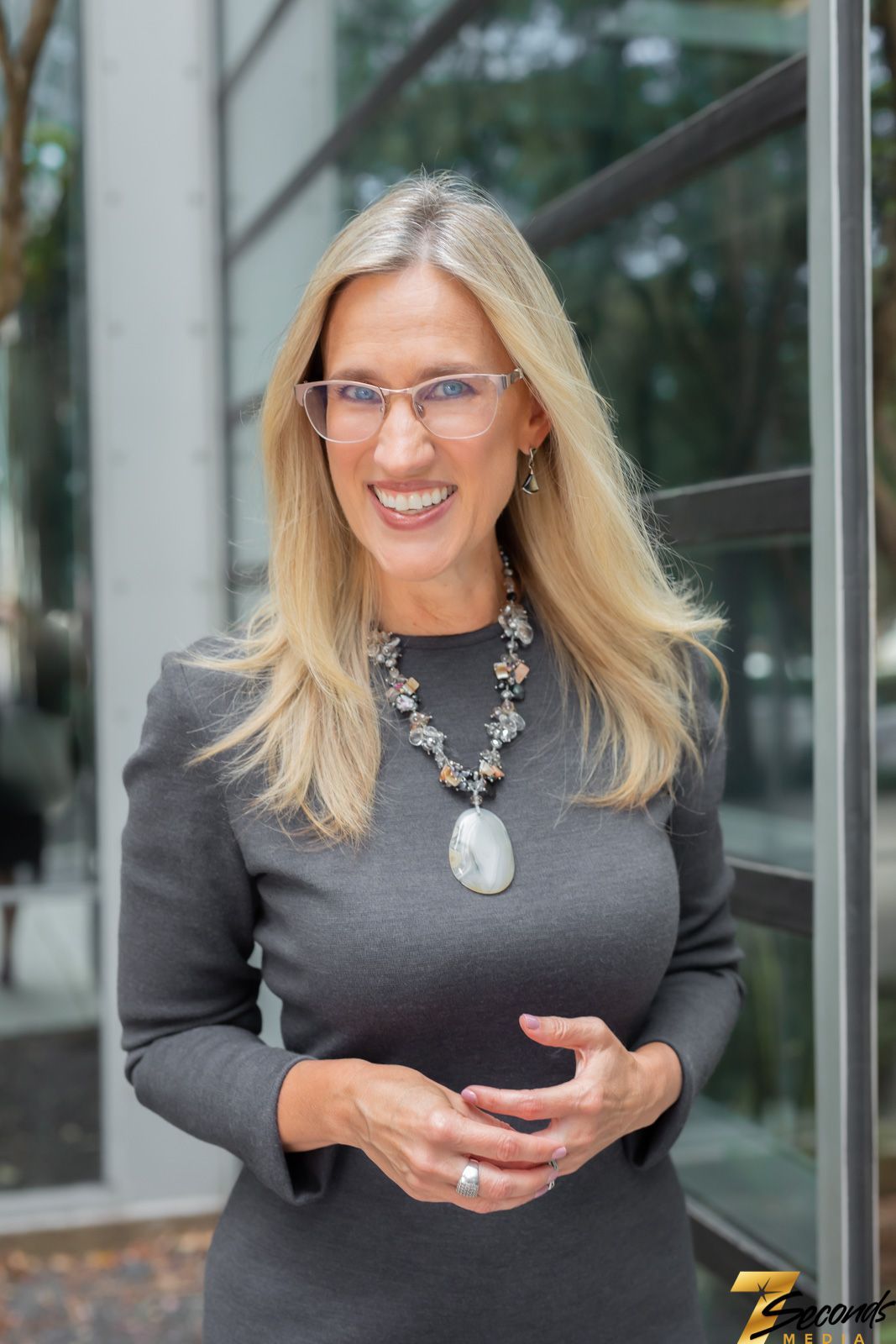Learn the Most Important Aspect of Positioning

Words have always fascinated me for many reasons.
First, when I think about how a thought can be transferred into the spoken word to express an idea, I’m in awe.
Second, when I examine how choosing the precise word to express an individual thought so that your message is communicated and heard carries so much weight, I’m equally in awe.
And, third, when I think about how words can make you less attractive or more attractive, I’m somewhat daunted – and in awe.
It’s a power tool…one that need to be used with great thought, attention and care.
You can be incredibly brilliant.
You can be highly skilled, trained or educated.
You can even be called to do the work you do.
Yet, if you can’t take your thoughts and transfer them into statements that make people sit up and pay attention, you’re going to have a hard time being fully seen for your brilliance.
Words have the power to communicate what you do so that others lean in and take notice.
Many people freeze up when they are asked, “What do you do?”
Or, worse, they answer by offering up some 30-second pitch after spending hours to come up with the “perfect” answer that either makes them sound arrogant or wishy-washy.
This is why the art of positioning, one of the three (3) components of executive presence, is critical to success.
Positioning enables you to choose the right words to communicate the power, value and brilliance you provide.
It is a gentle balance of combining humanity and expertise, vulnerability and credentials so that you’re heard.
Introduced in 1969 by Jack Trout – Positioning is defined as “an organized system for finding a window in the mind…”
When you open your mouth you’re either positioning or de-positioning yourself by the words you choose.
Only about 5% of the population gets this right.
I’ve done 100’s of hours of research on this topic, and it’s not a marketing fad.
It is understanding the science behind how people hire – and why they would want to work with you.
Positioning is different than being visible.
When I had red/white/blue nails and long blond hair, I was visible – and I wasn’t seen for who I was nor what I could do.
And, just because you’re the loudest voice doesn’t mean people hear you.
Brain science and basic physiology have revealed that certain words are virtually unhearable when spoken or put together.
Once I learned how to position myself, I became the fastest promoted officer in my Federal law enforcement agency.
Over the years the art of positioning has also opened countless doors in my business, including my 1st $50,000 contract which I secured within 6 months of opening my business.
Positioning – part of Pillar #5 of my 7 Pillars of Leadership – is a topic we focus on for several hours during my annual Design Your Destiny Live event.
Ultimately, the purpose behind the implementation of positioning is that you want to be fully seen and heard so you can be valued, appreciated, and rewarded for your brilliance.
Action:
The Upside Challenge of the week is pay attention to how you speak about yourself and the work you do. What words and phrases do you use? Can you see how they position or de-position you? Remove language that depositions you, and practice positioning so that you can be seen and heard.
After all, it’s crucial because…
….the world needs you and your brilliance.











